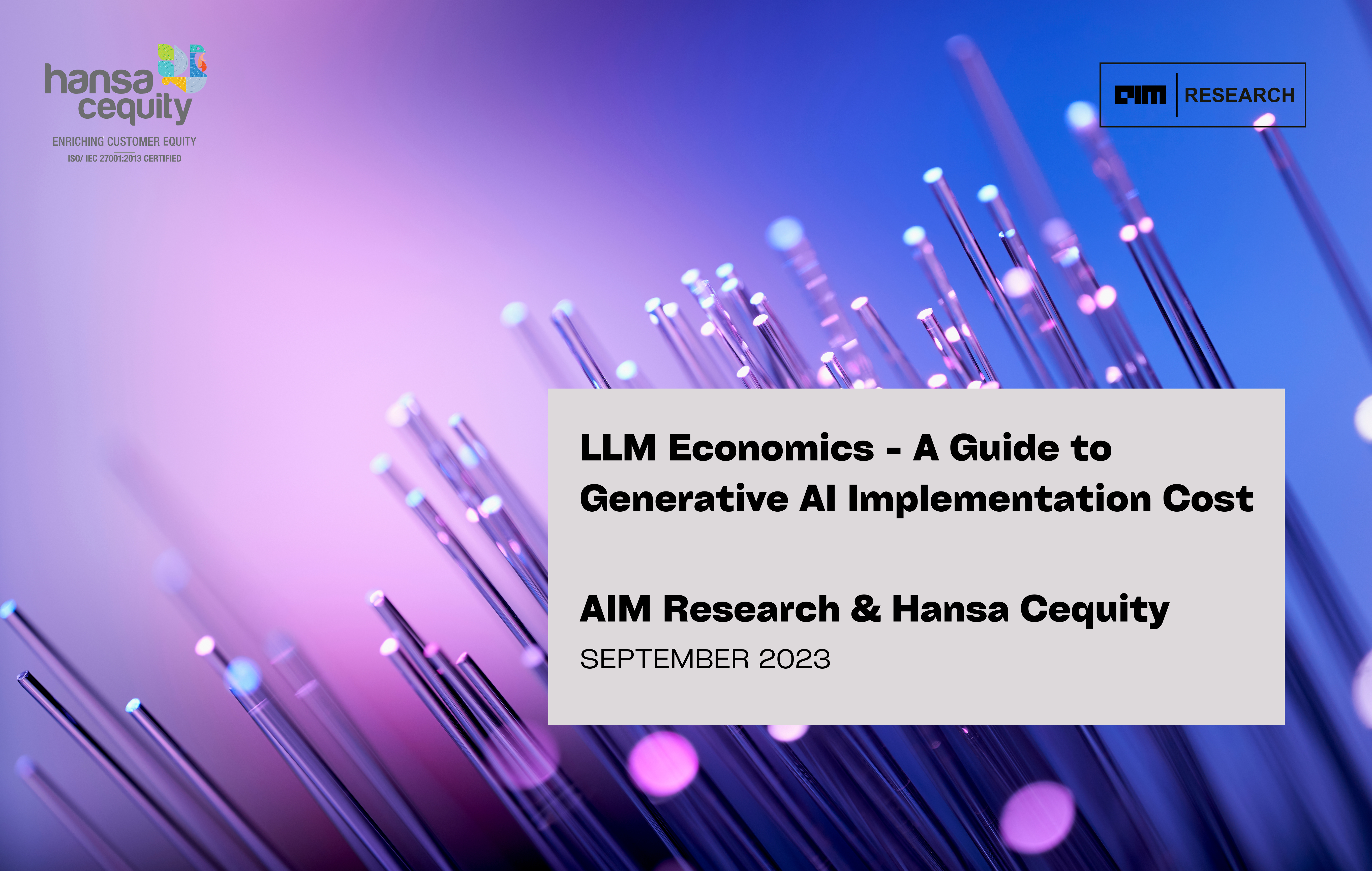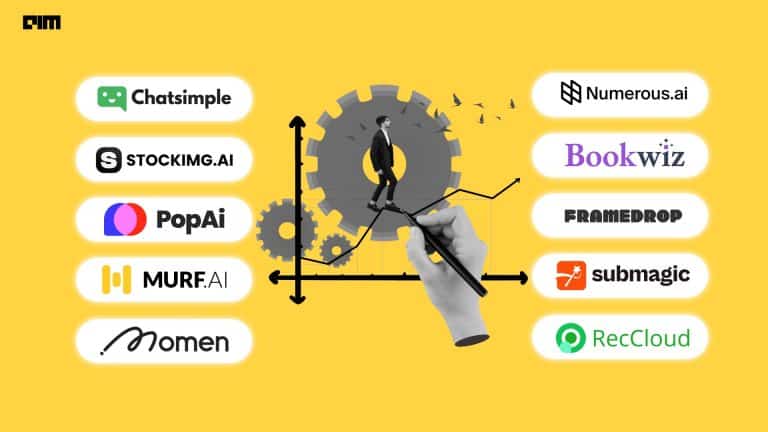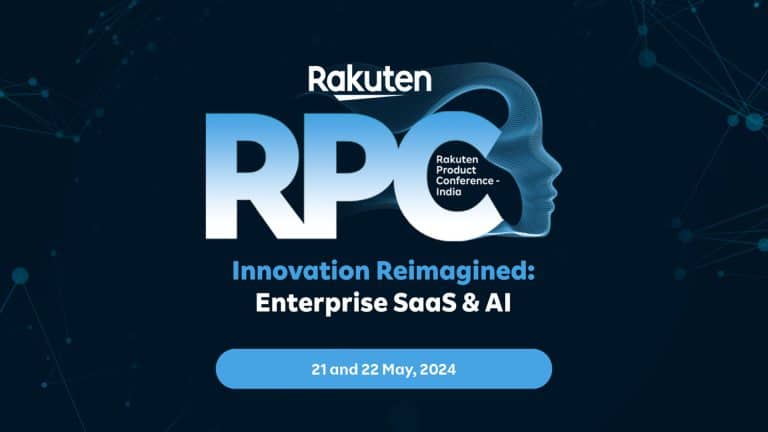|
Listen to this story
|
As we find ourselves amidst the ‘ChatGPT moment’, LLMs stand at the fulcrum of a transformative wave, prompting industry leaders to regard this development as a powerful tool to ‘reduce costs and increase profits’. But, the market doesn’t seem to be unfolding as per the hype. A comprehensive understanding of the infrastructure necessary to maximize the potential of this new domain—including insights into the cost-benefit ratio, pertinent use cases, and the motivations driving organizations to adopt such tools—remains elusive.
On top of that, Gartner’s recent research also forecasts a significant slowdown in enterprise deployments in the general AI space. As highlighted in the study, it is projected that over the next two years, the overwhelming costs will exceed the value that will be generated, culminating in about 50% of the large enterprises abandoning their large-scale AI model developments by 2028.
To get to the crux of reality, AIM Research hosted a roundtable discussion comprising of several AI leaders from different industries working in this space. Here are some key insights that came to light:
- Identifying the appropriate use case with quantifiable business benefits is critical. It involves understanding the technology’s capabilities and aligning them with business objectives.
- Starting with a POC allows businesses to evaluate the potential impacts before scaling up. It is also crucial to be aware of the costs involved in scaling up, including cloud and API usage costs.
- A sensible approach to budgeting would involve allocating more towards improving operational efficiency initially through AI integration to optimize processes, cut costs, and improve service levels, and as the system matures, gradually shift funds towards customer acquisition strategies, utilizing AI to enhance personalization and engagement.
- For AI success, organizations must focus on improving prompt engineering for targeted insights, and excel in data fusion to combine various data sources for more accurate and useful information, promoting collaboration and integration within the organization.
- The future of AI seems to be leaning towards agent technology, where multiple AI agents work together to achieve specific tasks, instead of a single AI entity handling all tasks. These technologies would be industry-specific and would collaborate similarly to a human mind, although achieving this level of integration and function is still a far-off goal.
- Organizations are evaluating both API and open-source options for AI integration, weighing factors like speed to market, customization, and regulatory requirements. While APIs might be favored for pilot projects due to their quick deployment, open-source might be the choice for full-fledged production, offering better audit facilities and customization options.
Thus, a report like this could serve as a vital tool in this process, helping stakeholders to assess the potential costs and benefits associated with different implementation strategies, whether it be through API or open-source pathways. It could clarify the complexities of both direct and indirect costs, facilitating smarter decisions that consider factors such as quick deployment and customization options.
Ultimately, such a report could guide organizations in choosing the most suitable and cost-effective solutions for AI integration.













